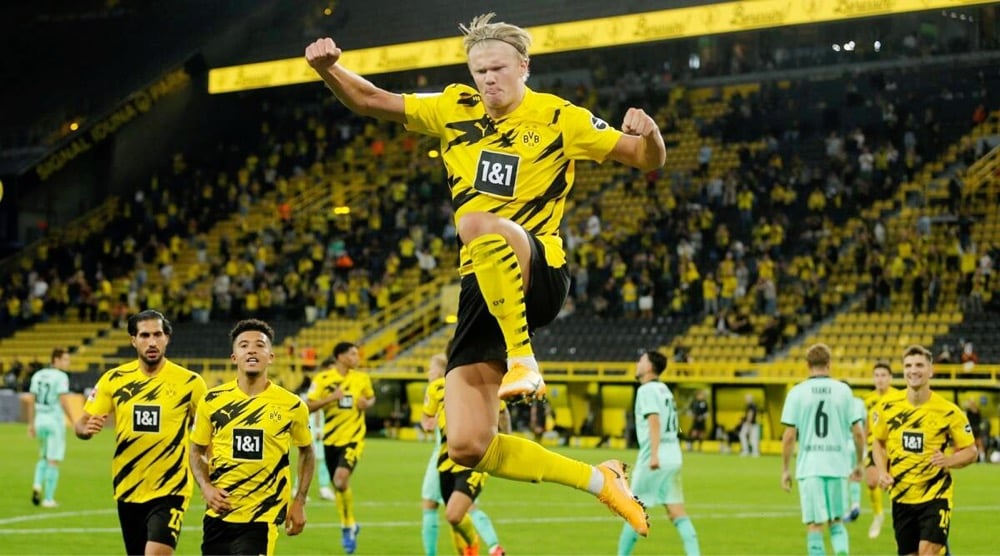What Happened with the Whole European Super League Thing?

Last week, twelve of the biggest, richest, and best European soccer teams announced they were going to form a new midweek competition called The European Super League. The reaction was swift: fans revolted, soccer governing bodies threatened to kick these teams out of other competitions (with immediate effect, including the Champions League which is presently in the semifinal stage), large-scale condemnation from the press, teams started to back out, and 48 hours after the announcement, the league was all but dead.
So what the hell happened? There have been lots of takes and I obviously haven’t read them all, but here are two I found especially valuable in wrapping my head about the Super League failure and, more importantly, what it can tell us about how power, wealth, community, and attention interact 21 years into this rapidly aging century. First up, Alex Shephard writing for The New Republic: The Existential Crisis That Led to the European Super League Fiasco.
What all of these cultural dinosaurs are confronting, though rarely head on, is the fact that there is no monoculture anymore. They may occupy tremendous cultural space — and a team like Real Madrid is rivaled only by other European soccer teams in the sports world — but it is not and never will be what it was before. The mass appeal these teams enjoyed until fairly recently is not coming back, and it’s not just the fault of Fortnite or FIFA. There are simply too many competitors — and, after all, you can watch the best bits on social media anyways.
And then Ryan O’Hanlon interviewed economist Mark Blyth for his newsletter: How the Spectacular, Comical Failure of the Super League Explains the World.
O’Hanlon: In addition to the various corporate pressures, it really does seem like the fan reaction made a material difference. Do you find that heartening at all?
Blyth: I think it’s heartening in the following sense. It’s emblematic of broader shifts that are going on right now. Basically we’re all struggling to find a capitalism 4.0, and we’re all fed up with capitalism 3.0, and this is a huge example of the limits of capitalism 3.0. This “I own it. It’s my right. I’ll do what I want with it”. Except, no you won’t because there’s such a thing as a public conception of ownership of these assets, even if you formally own them. There are limits to how far you can push this market logic on the social institutions without provoking a reaction. Karl Polanyi, the Hungarian sociologist and historian from the 1940s, wrote that the big fuck-ups of the 19th century and 20th century were attempts to shove markets down people’s throats to the point where they revolted.
In a sense, what you’re seeing here is a classic Polanyian reaction. So I think it’s heartening in that it shows there are limits to how much you can commodify these social goods even if they are nominally private assets. It’s heartening in another way in that they’re gonna have to have a reckoning with these balance sheets. If you’re not Sheikh Mansour and you’re not Roman Abramovich, how are you going to fund Paul Pogba’s ridiculous salary? And it’s just not clear that you are going to, so there may need to be a restructuring, which would be great because the model is there. Look at how the Germans do this. They invest heavily in talent. They invest heavily in youth, they buy, but they buy judiciously. They don’t pay ludicrous salaries. And the funds own 51 percent of the companies. It’s a perfect model, right? Because they’ve got cooperative ownership between the people who are the kind of social owners. And then you’ve got the titular owners who do the investment, and there’s a balance of those interests.
Let me know if there are other Super League pieces out there that I should read — I’ll add them to this post. (Photo above of Erling Haaland because he is a goofy beast and one of the 12 Super League teams is going to pay an absolutely obscene amount of money for him in a few months.)





Stay Connected